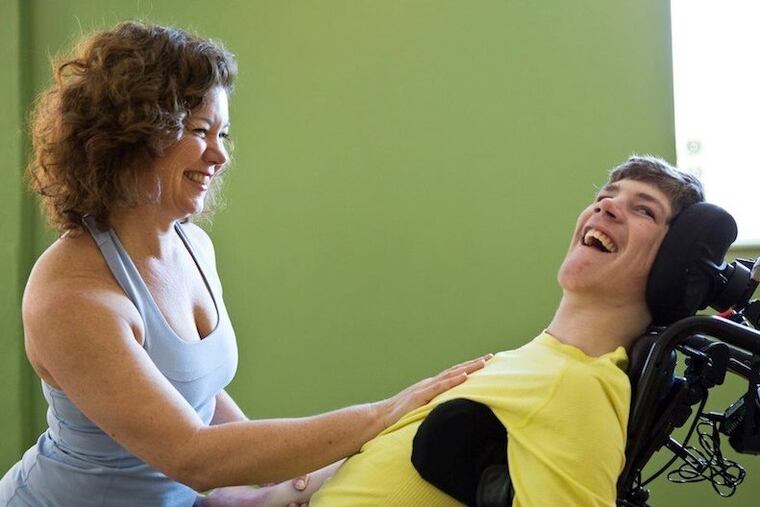It takes only a moment to acknowledge someone's grief
Where I lose patience (not my temper, yet, but fear it's coming) is when someone who is literally paid to ask me questions is not prepared to actively listen and answer compassionately.

Grief is hard, confusing, and exhausting. When my 19-year-old son, Sean, died three months ago, I knew I had a journey ahead of me. I just didn't know all the twists and turns.
I heard from others and read in books to be prepared for people having good intentions, but perhaps not phrasing things in the most gracious of manners. Many times I've heard, "I'm sorry for your loss," which for me, is comforting and appropriate. The bearers of this statement are acknowledging my grief without judgment and they're connecting with me.
I've also heard many (again, well-intentioned) statements such as "He's in a better place." Or "Now you have an angel looking over you." Whether or not this matches my belief system, I recognize the message bearers are doing their best and trying to comfort me.
I truly believe people are good, and yet as a society, we struggle in speaking about grief and loss, for fear of upsetting someone. I'm always grateful for someone acknowledging my loss, as there's never a time I'm not thinking about Sean.
Where I lose patience (not my temper, yet, but I fear it's coming) is when someone who is literally paid to ask me questions is not prepared to actively listen and answer compassionately.
The other day I had a medical checkup. I recognize most offices have gone to computer-based systems, which I applaud for efficiency. And yet, when the individual asking the questions never looks up from the screen, we've taken the human element out of what is supposed to be a caregiving profession. We're doing a disservice to medical professionals and patients alike.
When the nurse asked me, "Any changes in family medical history?" I answered with, "Yes, my son passed away."
Her reply rocked me to my core.
"There's not an option for that here," she said, pausing as she continued to look at the screen and search. "I guess I'll just have to write it in."
Wow. I guess I'll just have to find a new office.
It would have been a bonus if the nurse reviewing my medical history had communicated with the nurse practitioner, especially as sensitive information was disclosed. Going through the same questions and repeating this exercise was exhausting.
I wish I could say this was an isolated incident. Sadly, I fear my experiences are far too common.
My son had special needs, and Percy, his beloved companion dog, is adjusting to the loss of his partner. The above scenario played out at the veterinary office as well. Didn't they realize that our poor pooch, who has been missing his service partner tremendously, would benefit from some extra TLC? At least he didn't have to answer the questions.
Please, if you're in the caregiving profession, look up from the screen. See your patients in all their humanity. If you're at a loss for what to say, a simple "I'm sorry for your loss" rarely fails. Don't ever say, "There's not an option for that." That should never be an option.
Kerri Hanlon is a mom, author, yogi, and advocate in Conshohocken. kerri_hanlon@comcast.net